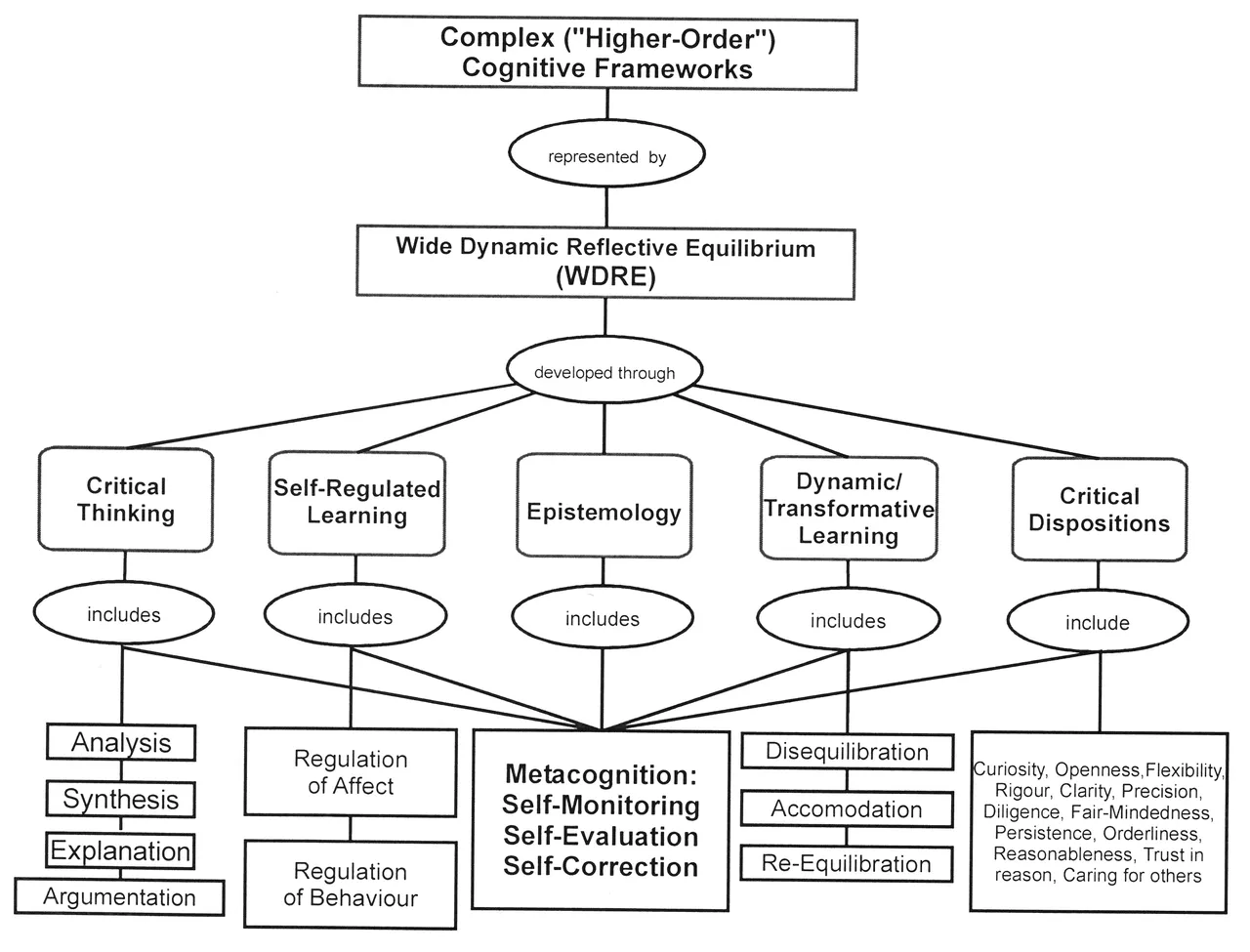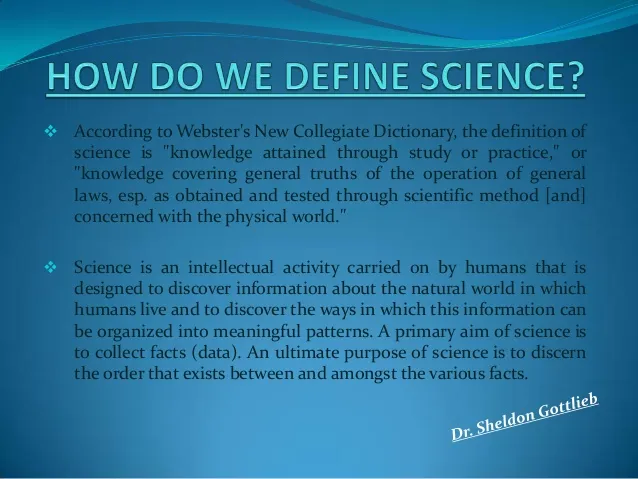I’m new here; painfully new. It’s difficult for me as a newbie to write about my work, send it off into steemitspace, and then wonder whether anyone will talk to me about it.
One person did, and that was painful too! She informed me of her opinion that my first post was not “scientific” enough to rate the use of the steemstem tag. Of course I didn’t argue; it was clear that I was being told off.
However, I don’t want to think that her one vote should direct my future actions. I need to inquire about what goes on here so that I’ll know what I should do.
So now I’m wondering two things. First, is there a standard definition of science that I should follow, something that’s authoritatively dictated by some stemsteemites? And (if so), do those people get together to decide whether a specific post conforms to the rules and is thus appropriate for the thread?
I hope that that’s not what’s going on; if it is then of course I’d be obliged to conform. I’d rather think that at least most steemstemites are more open than that. I request that someone with knowledge of this procedure will let me know what I ought to be doing!
I hope that most of you understand the idea that there’s no authoritative definition of science, and that what’s considered “scientific” by the authorities on science fits under some rather broad guidelines.
My academic history includes two science degrees in neuropsychology, a BSc from Mcgill (physiological psych) and a Master’s from Caltech in biology (James Olds was my faculty advisor). So I have some experience in the field. (I also finished first in my class when I graduated in philosophy at age fifty-two; my main interests in that field are philosophy of science and ethics. My doctorate is in education).
So I quote from https://sciencecouncil.org/about-science/our-definition-of-science/ :
Scientific methodology includes the following:
• Objective observation: Measurement and data (possibly although not necessarily using mathematics as a tool)
• Evidence
• Experiment and/or observation as benchmarks for testing hypotheses
• Induction: reasoning to establish general rules or conclusions drawn from facts or examples
• Repetition
• Critical analysis
• Verification and testing: critical exposure to scrutiny, peer review and assessment
My particular area of expertise is sixth on the list: critical analysis. I'm also familiar with the other items.
That’s my history. I’d like very much to discuss my future with folks who hang out here.
In my dissertation I proposed a pedagogical model for higher order thinking; here’s the two-dimensional (over-over-simplified) diagram:

(To attribute this I’d need to wreck my anonymity – I’m not comfortable with that at this point)
So here’s the other question on which I need some authoritative declaration:
Is steemstem strictly about research in science, or does it also engage in topics which are relevant (perhaps even important) to scientists??
If deep critical thinking and the development of broadly coherent networks of aren't of interest to steemstemites, then I won't use the tag. Maybe I’ll find someone who wants to talk about my stuff; maybe I won’t. I have no way to tell.
The person who talked to me should stick to her field, of course. She doesn’t need to deal with philosophy of science, ethics or critical thinking; she already knows what’s important to her; she isn't concerned about those things. She even knows what I’m doing, and to her it’s not science. I understand. She’s not wrong, she’s opinionated – as am I!
So I write this in the hope of learning what other people think.
I attempted to create a tag - #higherorderthinking – it doesn’t seem to have worked.
Oh, well…
It would be kind of people to communicate with me, wouldn’t it?
Mike
